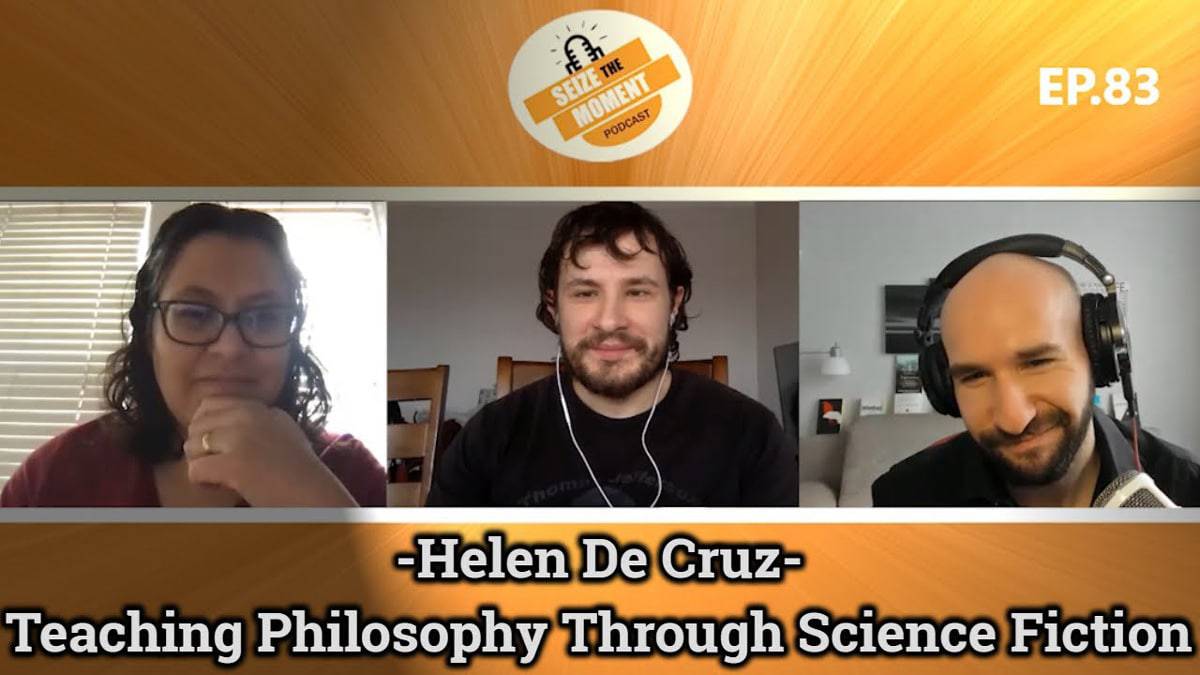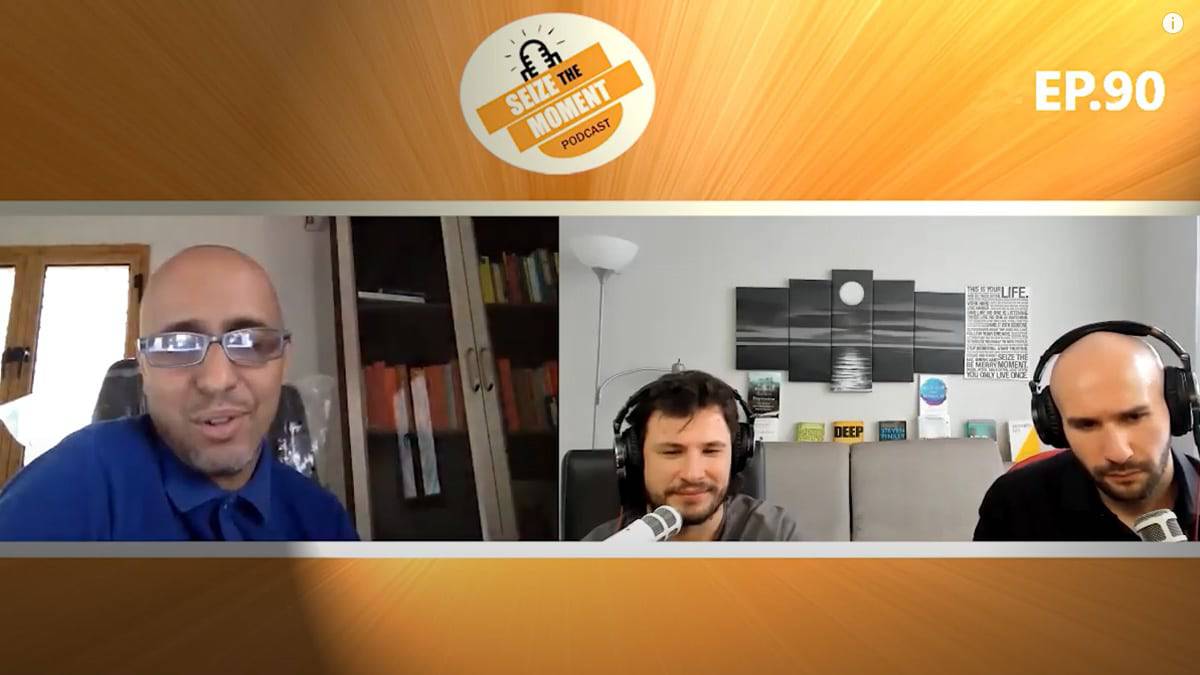Teaching Philosophy Through Science Fiction With Helen De Cruz

On episode 83, we welcome back philosopher Helen De Cruz to discuss how to teach philosophy through science fiction.
Philosophy asks us to consider what’s important and what’s true. And we often find it difficult to grapple with the problem of life’s meaning, ethical dilemmas, and other absolute truths. But what if the purpose of being human is to simply consider these problems, and others, in order to help us better understand each other?

Science fiction offers a way to think about deep, existential issues in practical and interesting ways: through the use of stories. In them, we learn about the consequences of various choices, including our own. And we learn about the complexity of the challenges that we face, arriving at a broader understanding of important philosophical ideas.
Helen De Cruz is professor of philosophy and Danforth Chair in the humanities at Saint Louis University in Missouri. Her latest book, coedited with Johan De Smedt and Eric Schwitzgebel, is called Philosophy through Science Fiction Stories: Exploring the Boundaries of the Possible.
Also watch: STM Podcast #64: Helen De Cruz – The Philosophy of Science and Awe
Topics discussed with Helen De Cruz
- The history of the belief in the afterlife and its early link to the intellectual and financial elite
- Christianity’s democratizing of the hereafter
- How philosophy is more about helping us become more fully human than about uncovering absolute truths
- The roles of impulsivity and irrationality in dystopian literature
- Ethical dilemmas in the epidemics of sci-fi
- Philosophy’s contribution to humans rising above their more selfish desires to lead more thoughtful lives
- Why science fiction is a great platform for bringing complex philosophical ideas to a wide audience

